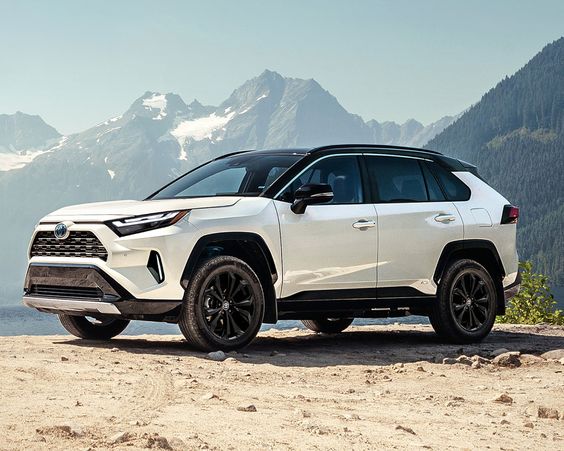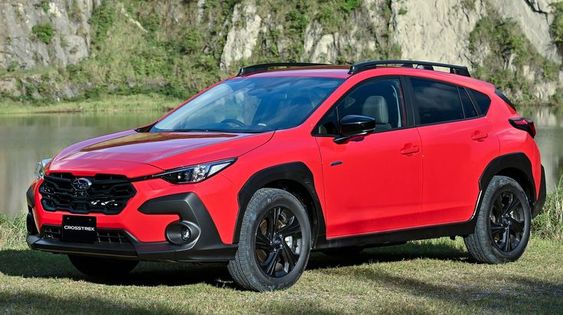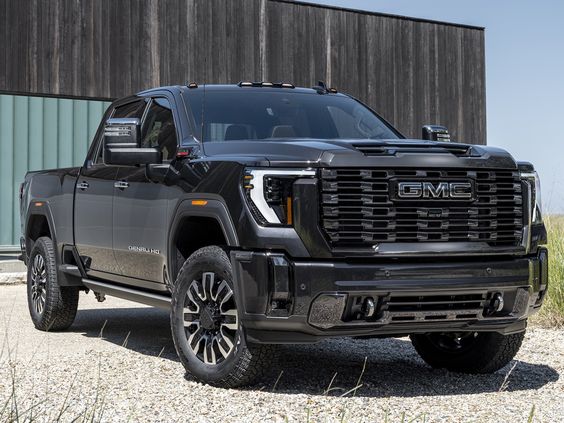Introduction
The automotive industry is undergoing a dramatic transformation, with autonomous vehicles (AVs) poised to revolutionize transportation as we know it. Leading the charge are a diverse group of manufacturers, each bringing their unique expertise and vision to the development of self-driving technology. From established automotive giants to innovative startups, these companies are pushing the boundaries of innovation, striving to bring the promise of safer, more efficient, and accessible transportation to reality.
This article delves into the world of autonomous vehicle manufacturers, exploring the key players shaping the future of mobility. We'll examine their technological advancements, strategic partnerships, and the impact they're having on the industry. By understanding the landscape of these leading companies, we can gain valuable insights into the trajectory of autonomous vehicle development and its potential to reshape our cities and lives.

Key Players in the Autonomous Vehicle Race
The race to develop and deploy autonomous vehicles is fiercely competitive, with a diverse range of companies vying for dominance. Here are some of the leading players shaping the future of self-driving technology:
1. Waymo: A subsidiary of Alphabet (Google's parent company), Waymo is widely considered a pioneer in autonomous vehicle technology. With years of research and development, Waymo has amassed a vast amount of data and experience in self-driving systems. Their focus is on developing fully autonomous vehicles for ride-hailing services, with a particular emphasis on safety and reliability.
2. Tesla: Known for its electric vehicles and innovative technology, Tesla has also made significant strides in autonomous driving. Their Autopilot and Full Self-Driving (FSD) features, while still under development, offer a glimpse into the future of self-driving cars. Tesla's approach emphasizes the use of cameras and neural networks for perception and decision-making.
3. Cruise: A subsidiary of General Motors, Cruise is another major player in the autonomous vehicle space. They are developing self-driving technology for ride-hailing and delivery services, with a focus on urban environments. Cruise's technology relies on a combination of sensors, including lidar, cameras, and radar, to navigate complex city streets.
4. Ford: A traditional automotive giant, Ford has embraced the future of autonomous driving through its partnership with Argo AI. Argo AI's technology is being integrated into Ford vehicles, with the goal of developing self-driving systems for ride-hailing, delivery, and other applications.
5. Toyota: Toyota, a global leader in automotive manufacturing, is actively pursuing autonomous vehicle development. Their approach emphasizes safety and reliability, with a focus on developing systems that can handle a wide range of driving conditions. Toyota is also exploring the use of autonomous vehicles for mobility solutions in areas like transportation for the elderly and people with disabilities.
Challenges and Opportunities
The development of autonomous vehicles presents both challenges and opportunities. One of the biggest challenges is ensuring the safety and reliability of self-driving systems. Autonomous vehicles must be able to navigate complex and unpredictable environments, making it crucial to develop robust and fault-tolerant technology. Another challenge is the regulatory landscape, which is still evolving in many countries. Clear guidelines and standards are needed to ensure the safe and responsible deployment of autonomous vehicles.
Despite these challenges, the potential benefits of autonomous vehicles are significant. Self-driving cars have the potential to reduce traffic accidents, improve traffic flow, and provide greater mobility for people who are unable to drive themselves. They can also create new economic opportunities, such as the development of new transportation services and the creation of new jobs in the autonomous vehicle industry.
The Future of Autonomous Vehicles
The future of autonomous vehicles is bright, with continued advancements in technology and growing acceptance from consumers. As the technology matures and regulations evolve, we can expect to see a gradual increase in the deployment of self-driving cars in various applications. From ride-hailing services to delivery trucks and even personal vehicles, autonomous vehicles are poised to transform the way we move around our cities and the world. The leading manufacturers discussed in this article are at the forefront of this revolution, shaping the future of mobility and creating a world where transportation is safer, more efficient, and more accessible for everyone.





